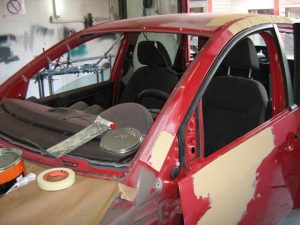Vehicles are like home computer printers: producers and dealers make the majority of their money after a vehicle has actually been delivered, whether it be on after market sunroofs, ironman bullbars or just servicing.
Mitsubishi marketing boss Tony Principe just recently informed Drive that some brands are more than happy to sell cars and trucks for profits of less than $100 as they might make far more in parts like an ironman canopy, servicing, and repeat business.
Deloitte experts agree, telling dealerships in annual reports that parts and servicing supply a stable income, playing a vital role in assisting to offset the profitability drain frequently experienced in the (brand-new and used) vehicle departments.

WHY DO IT?
Cars are exceptionally complicated products typically running in hard temperatures or conditions, so they need continuous care. That’s even more essential as engineering tolerances tighten and vehicle makers inject new innovation to enhance performance.
FACTORY SUGGESTIONS
If the prime benefit of maintenance is a car and truck that will get you from A to B, the next best thing has to be the guarantee that it will do it again tomorrow. Manufacturers ensure that their vehicles will not experience failures for a reasonable period of time, typically between three and five years from the date of sale. But consumers can break their part of the offer by failing to have a car correctly kept with services.
Manufacturers set out guidelines for servicing, parts and treatments that are often noted in a car’s handbook or published online. Owners may void their guarantee by delaying maintenance viewed as important to the correct running of their cars and truck, especially for things like sunroofs and other windows.
Maintenance periods are set by manufacturers after years of experience and countless kilometers in screening. They understand how far an engine can be pushed prior to suffering significant damage, and set service requirements to protect it.
Frustratingly for consumers, makers do not agree regarding exactly what service intervals are the best – sometimes even those using the exact same engine and ensuring no unnecessary pressure is added by making sure they purchase new tyres when required.
Some manufacturers, such as Hyundai and Ford, need automobiles to be serviced every 12 months, while others including Honda and Subaru, ask that vehicles are maintained twice as typically.
